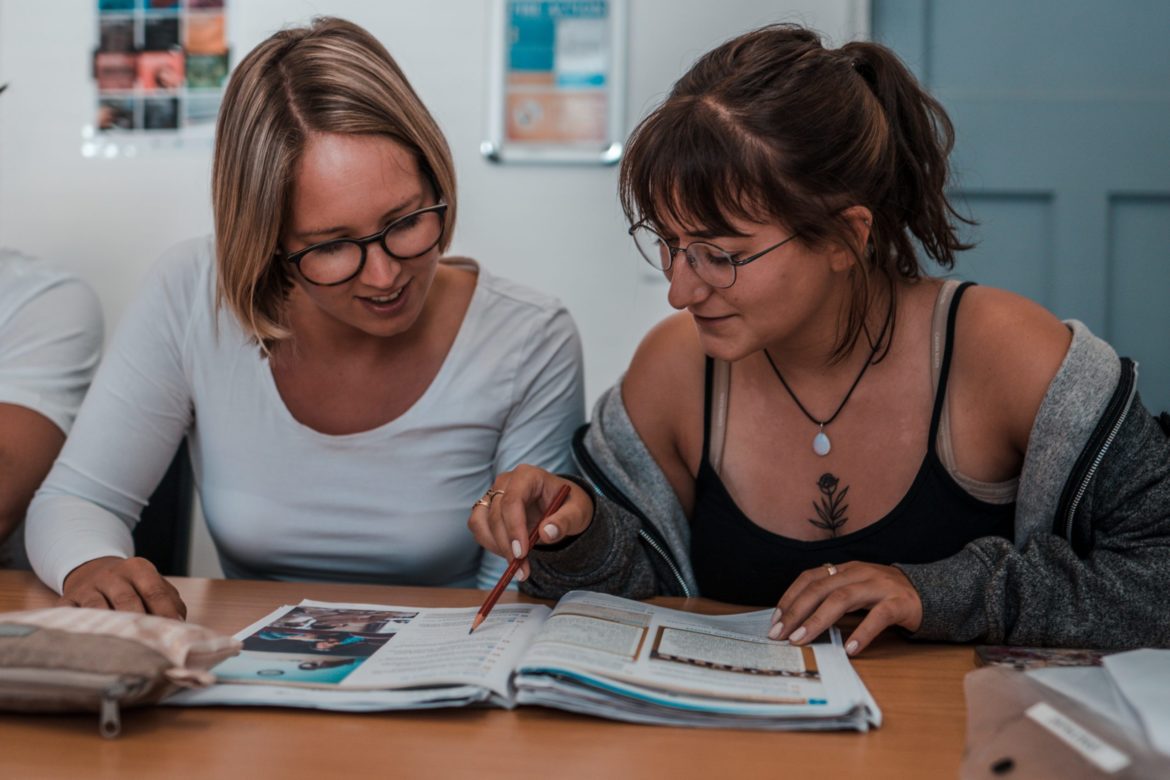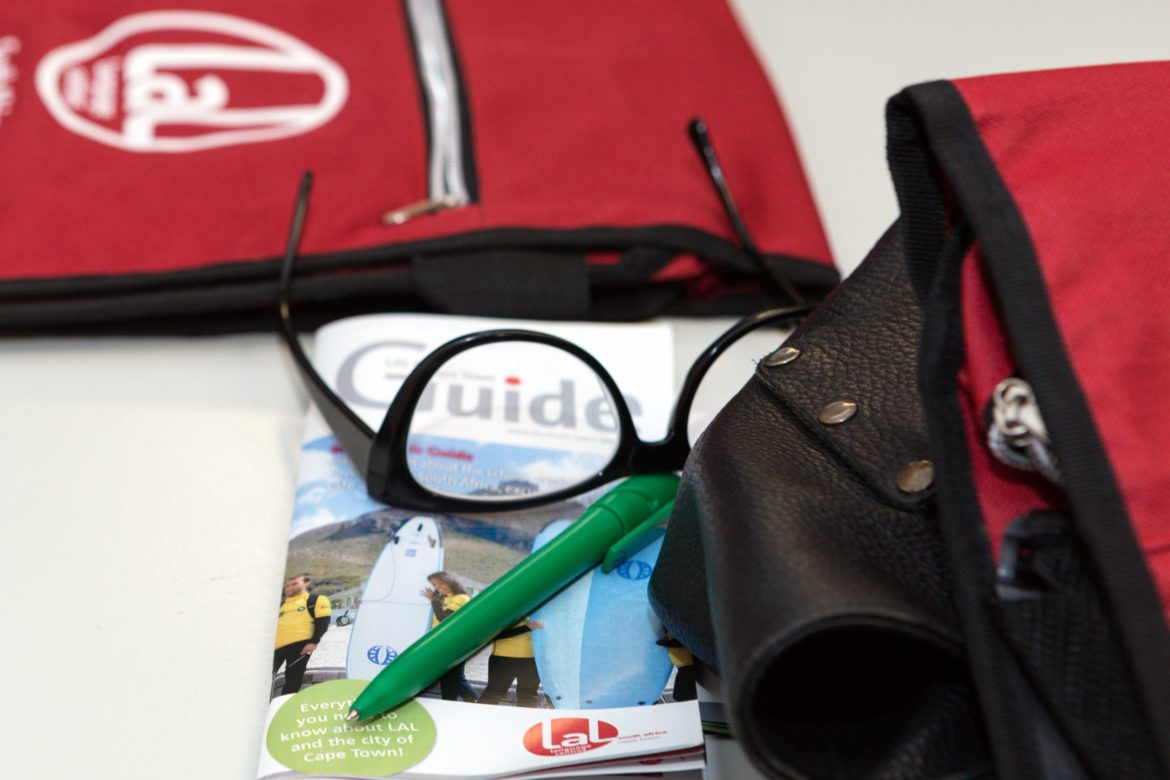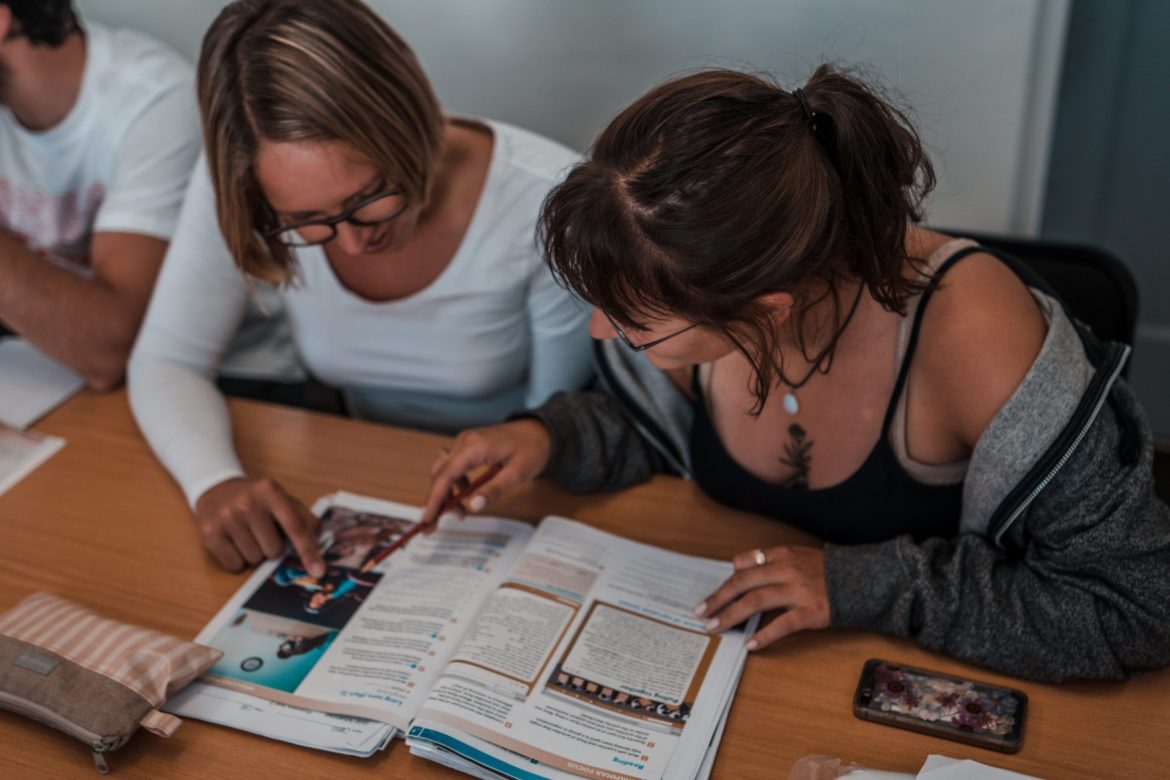

What is your language learning style?


How learning culture helps you learn a new language


How to take notes for English lessons more effectively


Am I fluent in English? Plus extra tips to reach full fluency faster


The best English books for new English speakers


8 small ways to learn a new language faster


How to improve your pronunciation when learning English


Bullet journaling techniques to improve your English


Language-learning plateaus and how to get over them


